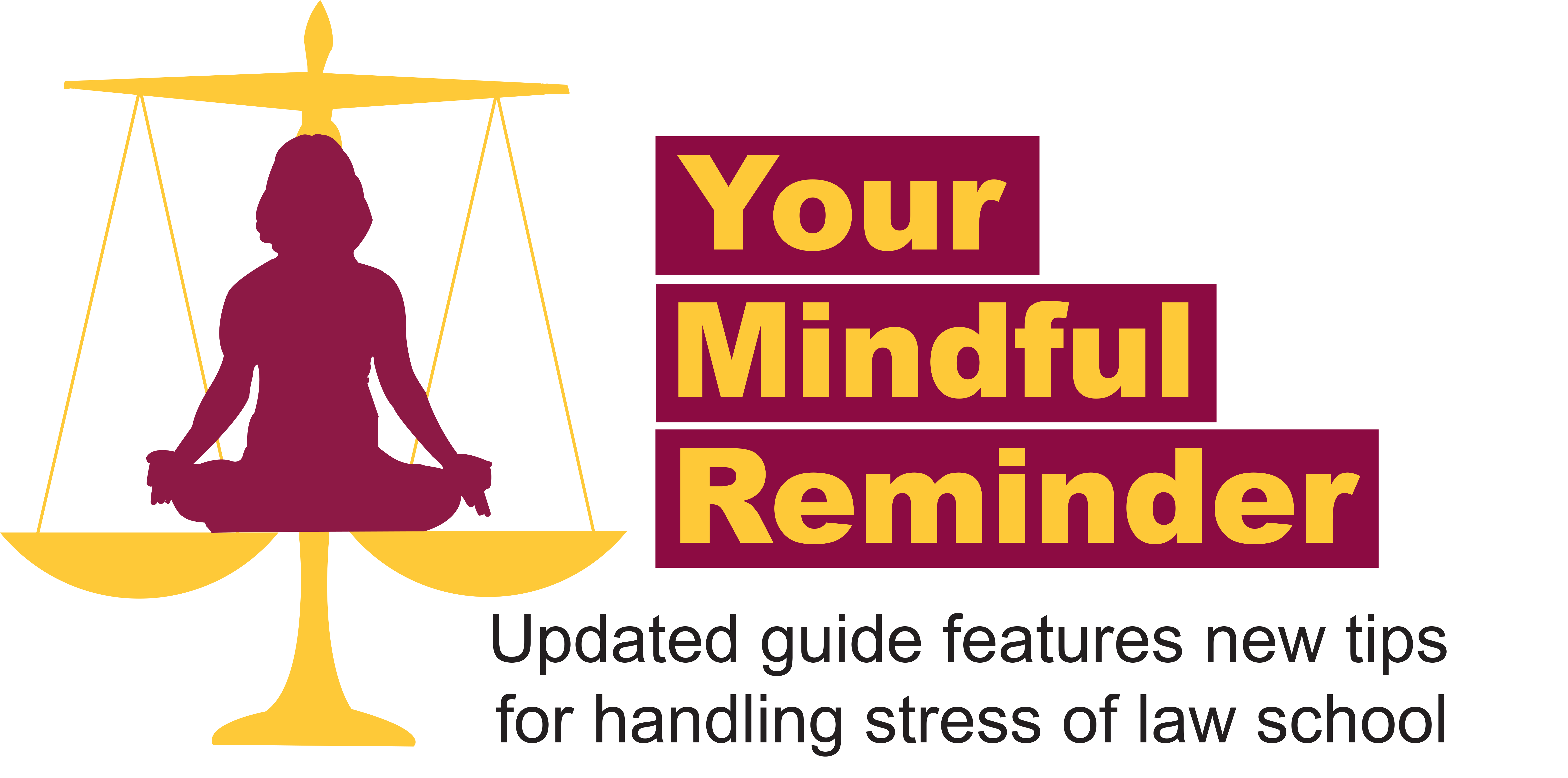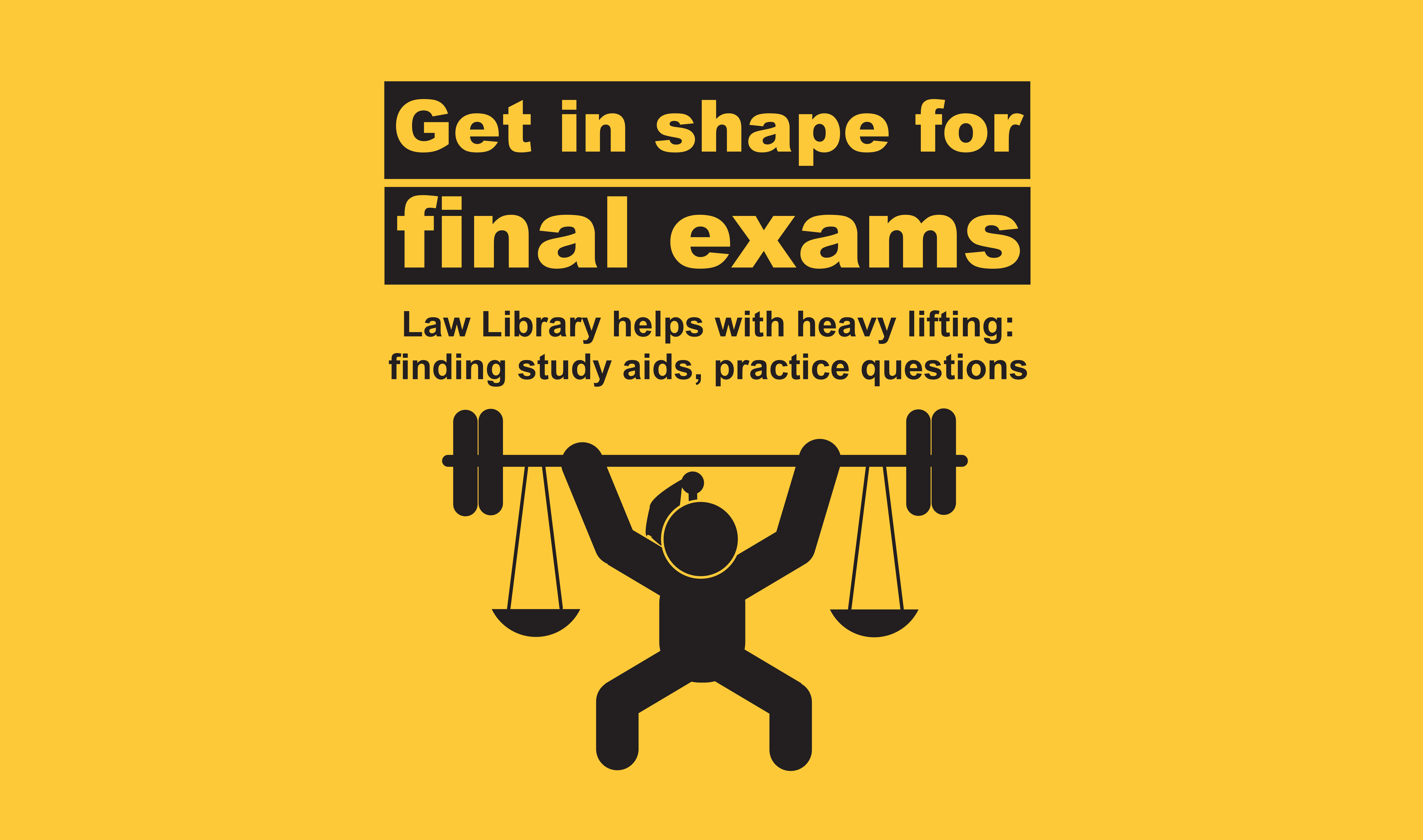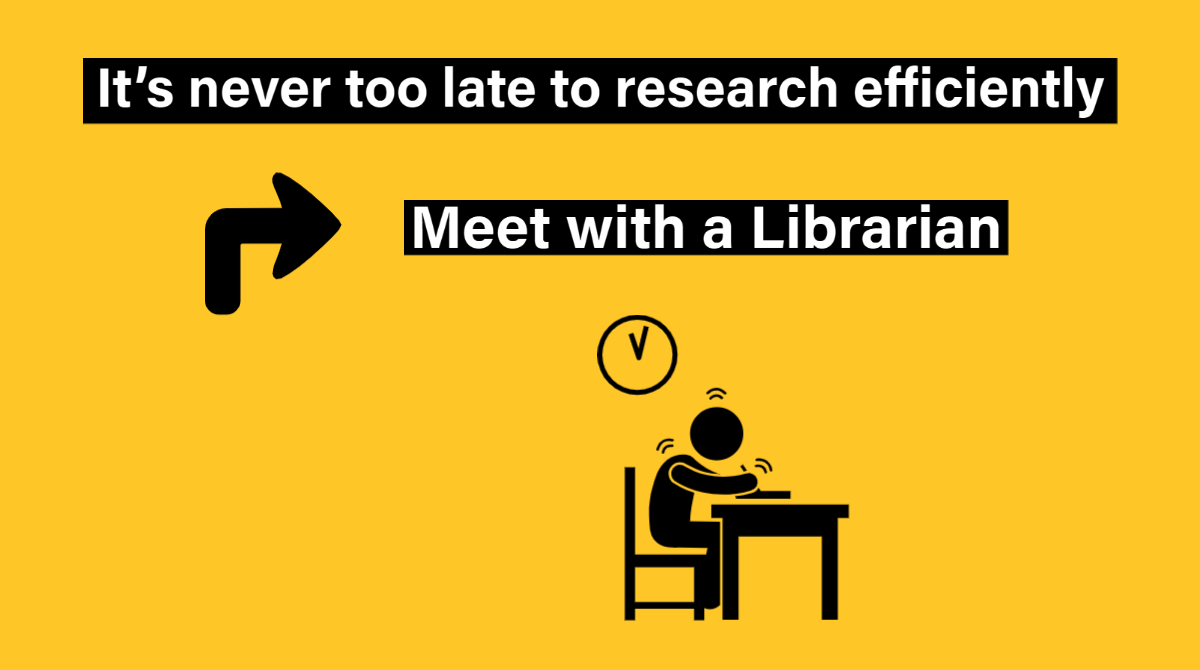Legal study aids are increasingly catering to the vast diversity of learning methods that suit different students best, from visual aids such as flow charts to practice questions to audio and visual resources. Below we have highlighted tools for creating and accessing flow charts (great for visual learners) and flashcards (useful when you need to memorize a lot of information). We highly recommend adding these study tools to your class and exam prep process.
FLOWCHARTS
Flowcharts guide you through a legal issue, asking questions about the facts each step of the way to determine whether an element applies, and whether the analysis should continue. The structure of arrows and boxes is a big help for visual learners who quickly absorb information in tools such as graphics and maps. It can also help break down a complicated legal analysis into manageable, bite size bits, demystifying questions about estates in land or the Erie doctrine.
You can make your own flowcharts in Google Slides. Check out this short how-to video from our Electronic Resources Librarian, Sean Harrington, to learn more. You can choose shapes with the shapes tool that symbolize steps along the way of a legal analysis, such as rectangles for yes or no questions and ovals for the various potential outcomes of the analysis. The line tool includes an option with arrows to help you organize a complicated analysis, including curves and angled lines to help you fit all elements of a rule into your document. Making your own flowchart helps you process the rules yourself, and understand the process in a different way from traditional distilling of the rules into words alone.
The Law Library also offers access to commercial resources with flowcharts through its online study aids subscriptions and print study aids collection; specifically, check out the Emanuel Crunch Time series (available electronically on Wolters Kluwer).
FLASHCARDS
It’s no secret that part of the challenge of studying law is memorizing vast swaths of information. It’s a big part of the bar exam. Your outline is an important part of that process of committing the law to your memory, but reading and rereading does not always work optimally for everyone – that’s where flashcards come in handy.
The Law Library also has a collection of flashcards in its study skills section, and our online study aid platforms have additional resources that may be helpful. Writing your own cards can help you process the information on a much deeper level, though, as you process the law and craft your own rule statements. Here again, Sean Harrington has a video on how Google Slides can help.
Meet with a Librarian for more study tips!




